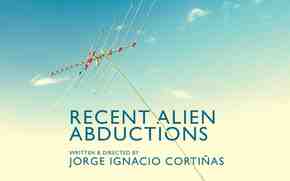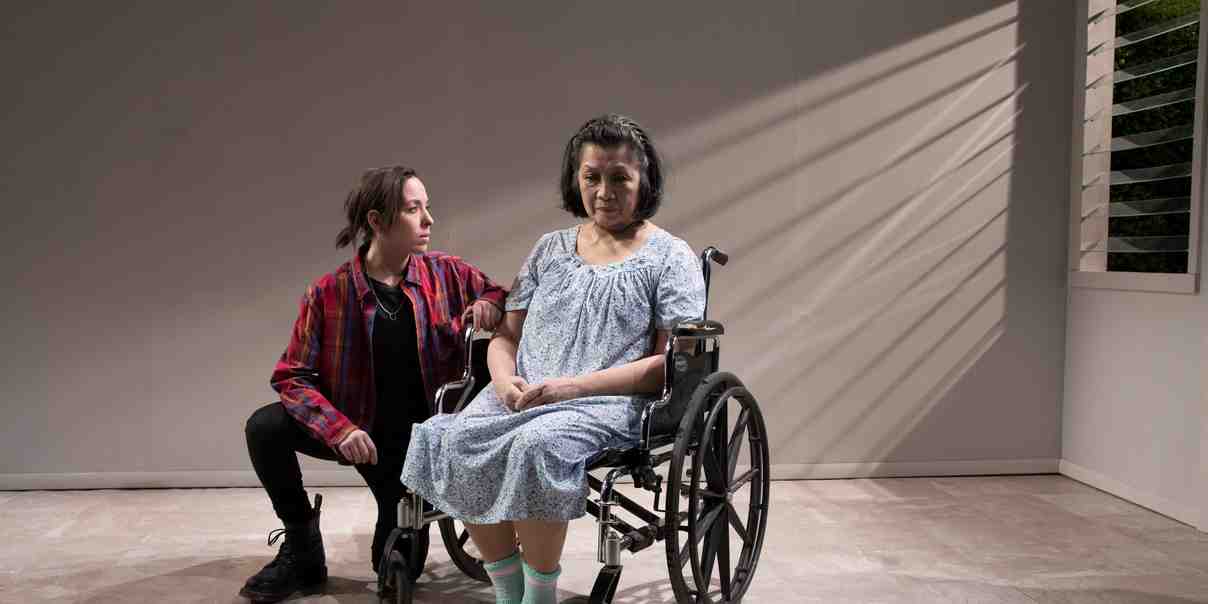

Activism and Community: A Conversation with Monxo Lopez
As Recent Alien Abductions closes on Sunday, Monxo Lopez hosts this weekend’s IdeaLab “Debtless Futures: How the crisis is producing new ways of thinking and acting in the world”. The final installment takes place this Saturday March 23 at 4:30 at New York Law School, 185 West Broadway, Tribeca. Monxo is a researcher, professor, cartographer, and South Bronx-based environmental and urban justice activist. The following is an interview with Monxo Lopez. If you are interested in attending, please sign up here to guarantee your reservation. Seating will be on a first come, first served basis according to availability. 1) You are both a cartographer and an activist, how did you become involved with each subject? How do those two areas overlap for you? I became a cartographer by force of gravity, for my father was a draftsman and cartographer in Puerto Rico. But it was also an accident because I am really, by education, a political theorist. I was working for the city of NY, and my bosses did not really know what to do with me. One day my boss, to her credit, asked me if I wanted to learn to do maps. I jumped at it. I am a natural, probably because of being around my dad and his plans and maps. My activism: again, as a political scientist, I was pretty much involved in stuff here and there. But my activism really took off after I moved to the South Bronx and began to see all the systemic crap, the racism, the environmental injustices, the health crises, police brutality, etc. etc. All of that is real in the South Bronx, not theoretical. I had no option but to get involved. 2) As an activist, you have become a leader in New York City’s fight against gentrification, especially in the South Bronx, and were the subject of a sculpture in a series of “Iconic New Yorkers” by artist John Ahearn. What does the South Bronx community mean to you? It is the place were we are raising our daughter. It is a place that has to work. A place that we have the responsibility to leave better than we found. However, it is a beautiful place already. Full of gorgeous and creative people. They are happy survivors. It is a diverse place. Great and lively streets, fun people, resilient, with an innate sense of fairness, hardworking. I do not really feel comfortable with the leader label, because a leader implies he or she knows what they are doing, and I do not really know. Activism involves a lot of improvising; and it requires almost inexhaustible reserves of patience. It requires that you never take things personal, meaning, that yes you and your loved ones are oppressed in X or Y way, but it is not only you that is oppressed…there are others out there, probably many more, in your same plight. Don’t even think it is your fault. It is not. Or, more accurately, we always end up being a tiny micro bit responsible for our very specific situations, but in general is not you. Activism demands you to listen more than what you speak (that one is difficult!). I come to my activism role with humility because really, having an education and being well-read helps but is not essential; much more important is having a basic core sense of decency. If your dad or dads, or moms or grandparents, or neighbors or aunts, or a mature cousin taught you to be your brother’s and sister’s keeper, or to love others as you love yourself, or the Golden Rule of not doing unto other what you wouldn’t want to be done unto you, and you are earnest about it, then you are good to go. 3) Much of your work explores community and economics. How can communities fight the oppressive economics that influence their housing? There are many ways a community can defend itself; there is not a single unique way we will see ourselves out of our current predicament. But largely, as in many other realms, I see this quest for a fairer housing environment as touching three main areas: labor, identity, and land. In our contemporary situations, and following our immediate history, struggles against economic oppression can generally take three shapes: labor, identity, or land. Labor and identity are what we know best, what we are best at, but also what our enemies know about us. That we want better wages, that we want better labor conditions, that we want equal pay. Those are labor-centric demands for justice that no doubt have an influence about our housing conditions. For different reasons, during the whole 20th century, at least in developed countries, struggles against capital, for equal access, took this shape: organized labor, unions, syndicates, etc. Separate, but intersecting, are the identity-centric demands for justice: pride, anti-racist movements, black lives matter, gender issues, etc. This is more a post-1960’s thing, post Civil Rights Movement. Pride in difference, tolerance in difference. Obviously a big step forward, and not an easy one by any means. What we haven’t been as systematic in demanding, what we have been mostly reactive in addressing, what our enemies are totally not used to face, are land-centric demands for justice. And I say this for developed countries, because land is the core of civil wars all over the rest of the world. The US is the land of land hyper-speculation, so we have to be really skillful, but I believe that this is a way communities can influence them staying in their neighborhoods. Because this is NOT about housing only. That must be clear. Even people in the left narrate working class issues as simply bread and butter, because -you know- that’s what the working class is: brute matter. But it really isn’t! Considering oppressive economic pressures in neighborhoods as simply about housing is political malpractice. We defend our housing by defending our cultures, by taking over the land and stewarding it, by becoming resist-dents instead of residents. We cannot just see our hoods as housing communities, we all need to get involved. I happen to think, after lots of reflection, that community land trusts are a mechanism uniquely tailored to address many of these issues. 4) Through your work as an activist, how can urban planning support communities? The short answer is that urban planners should do everything to empower communities to plan by themselves, and they can do that by helping educate our communities about some technical matters related to planning, case studies, drawing, computer modeling, mapping, etc. things you generally do need training on; and then get out of the way, or simply come back when communities call them. Just walking around Hunter College’s planning department, see the faces of the professors there. Do they look like they come from our communities? I think there is one black professor, and a Puerto Rican professor, that in fact has been directing the Center for Puerto Rican Studies for over a decade, not teaching. And this is Hunter College! Overwhelmingly white. Overwhelmingly male. They should play an advising role if communities call them to do so. I mean, this is an old issue. Jane Jacobs wrote a masterpiece about it back in the early 1960’s; about the destruction urban planners created. But, it seems urban planners need a pay check, and pay a mortgage; just like gun-makers do. So they are still around, at times helpful, but most of the times planning on our communities. Planning happens to us, it is done to us. We are planned on. In many ways these urban planning folks, specially here in the Americas, are the direct descendants of the Spanish Conquistadors. And this is not an exaggeration. But they don’t get it. In some cases they want to atone by massaging urban planning as a social engineering tool for social justice to be used on our communities. No thanks. These people are to be watched at all times!!
Related Productions

Written by
Hunter Gause